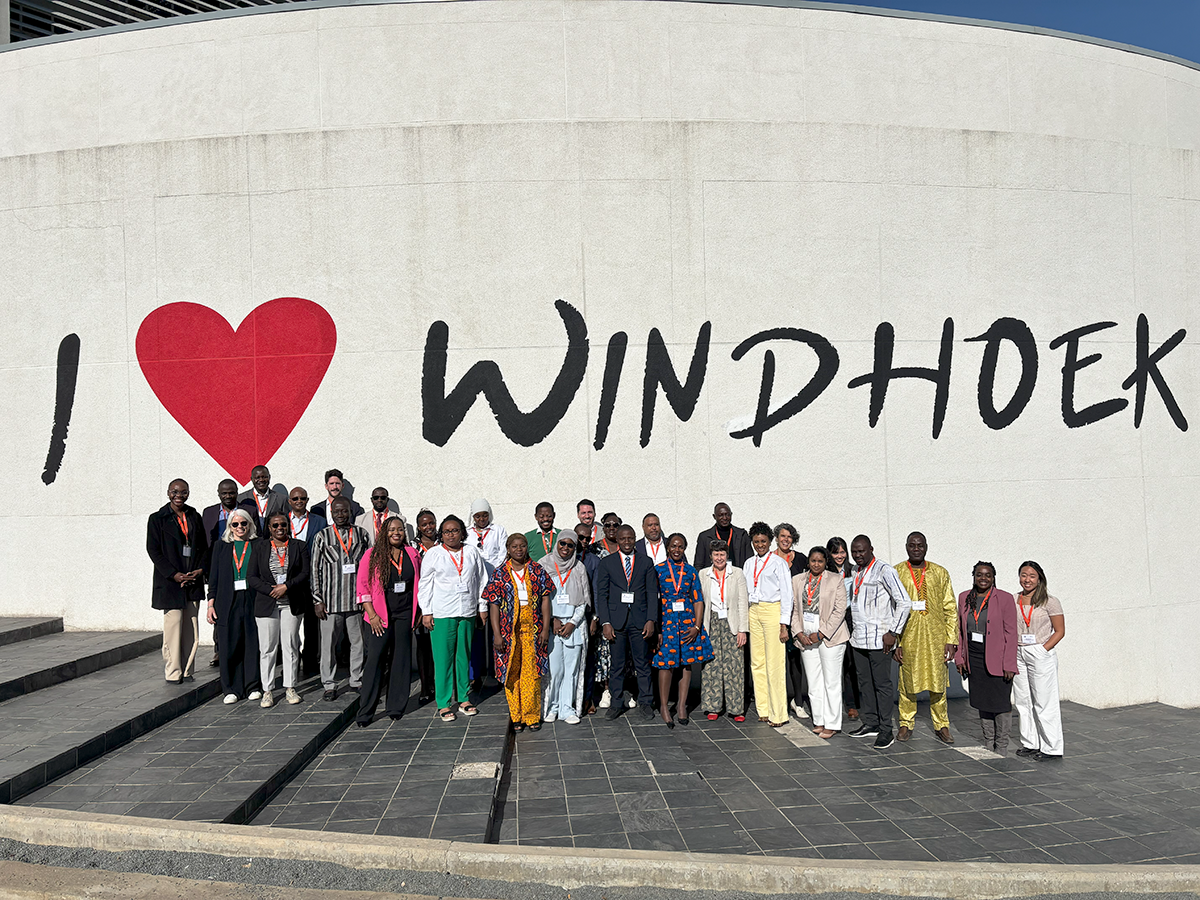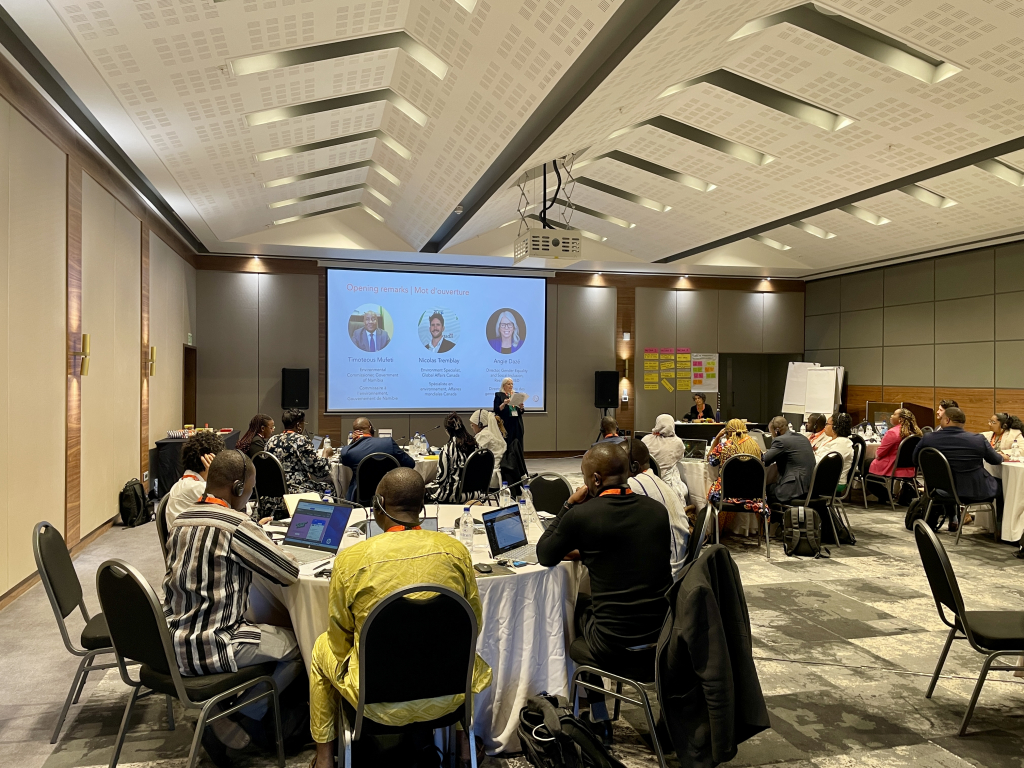Windhoek, Namibia, August 19, 2025 – From August 19 to 21, the Republic of Namibia is hosting representatives of governments and civil society organizations from around the world for a dialogue on climate change adaptation and the importance of civil society participation in adaptation decision making.
Participants from over 10 countries across Africa and Latin America and the Caribbean—including Belize, Burkina Faso, the Union of the Comoros, the Republic of Côte d’Ivoire, Jamaica, the Republic of Kenya, the Republic of Madagascar, the Republic of Namibia (host), the Republic of Rwanda, Saint Lucia, and the Republic of South Africa—are taking part in a global workshop on national adaptation planning in Windhoek. These countries are assembling to explore innovative ways to strengthen civil society engagement in national responses to climate change vulnerabilities and risks.
The peer-learning event, co-hosted by the Government of Namibia and the National Adaptation Plan (NAP) Global Network, focuses on uncovering barriers and pathways for civil society participation in building resilience through NAP processes. It also explores how these processes can serve as a mechanism for ensuring that climate action addresses gender and social inequalities, if undertaken with a participatory approach.

“As we face the impacts of climate change, adaptation is high on Namibia’s agenda, guided by our National Climate Change Policy, the nationally determined contributions, and the just-started formulation of our national adaptation plan. We recognize that these efforts cannot succeed without strong partnerships with civil society, the private sector, academia, and our development partners,” said Chief Conservation Scientist Josefina Kakololo, from Namibia’s Ministry of Environment, Forestry and Tourism.
“This peer learning forum is an opportunity to move away from top-down approaches by creating a space for dialogue and understanding—laying the groundwork for stronger and meaningful collaboration between government and civil society actors in adaptation planning and action,” said Chief Conservation Scientist Josefina Kakololo.
While more countries are successfully undertaking their NAP processes with approaches that are gender responsive, socially inclusive, participatory, and cross-cutting, voices from civil society and underrepresented groups still often lack access to decision-making spaces. However, promising examples and creative initiatives are emerging that can help facilitate meaningful participation and place people at the centre of adaptation decision making.
“Civil society organizations provide an essential link between governments across all levels and people on the front lines of climate change. NAP processes must involve the participation of civil society actors that advocate for the rights of women and other groups that face discrimination if they are going to be effective in meeting the needs of the most vulnerable groups,” said Director of Gender Equality and Social Inclusion for Resilience, Angie Dazé, from the International Institute for Sustainable Development (IISD), which hosts the NAP Global Network Secretariat.
“This peer learning presents an opportunity for open, honest conversations between government and civil society actors on how they can work together for more inclusive and effective NAP processes,” said IISD’s Director of Gender Equality and Social Inclusion for Resilience, Angie Dazé.

The NAP Global Network helps accelerate climate change adaptation efforts around the world by supporting partner countries in advancing their NAP processes.
Peer learning is a key pillar of the Network’s support, and it has over 10 years of experience convening dynamic South–South peer learning events for open, honest conversations about what is working and what is not in NAP processes. This peer learning forum is taking place with funding from Global Affairs Canada.
CONTACTS
Adrián Estanol
Communication Officer, NAP Global Network
aestanol@iisd.ca
Juliet Perry
Communication Manager, IISD
jperry@iisd.ca
NOTES TO EDITORS